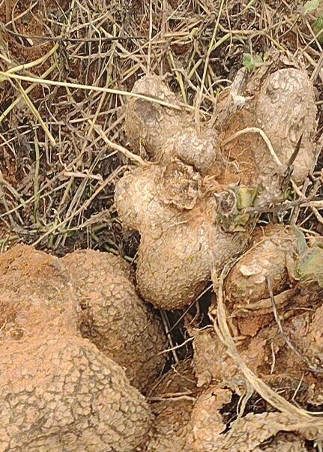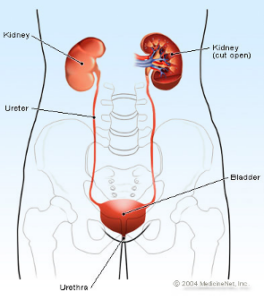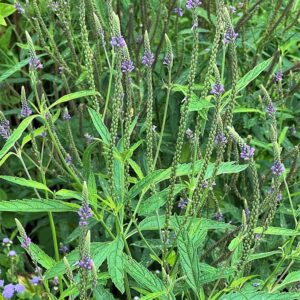Ask Farmer Neil: “Journey of the P.P. Yam (Dioscorea Cayenensis)”
I heard Sister Hyacinth testifying on TBC radio recently that when the Man of God had prophesied that it would rain on a particular day, the rain did pour in her neighbourhood, giving her the opportunity to plant her yam heads. It hit me: why had I never tried planting yam before?! Still struggling with plantains and green bananas, I had no ground provisions growing.
As I ruminated, I recalled listening to a radio programme years ago when the then Minister of Agriculture, Roger Clarke, was being interviewed by a talk show host about the state of Jamaica’s yam industry. When asked what was his favourite on the long list of yams locally grown, the minister gushed, “Undoubtedly, the P.P. yam!” He called out the full Jamaican name, and both the hostess and I gasped.
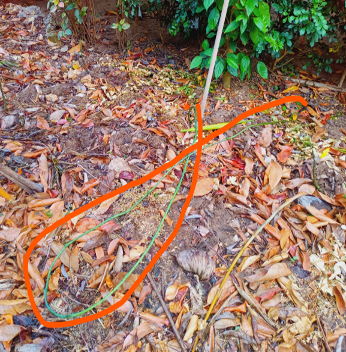
His description of its gastronomical features was so appealing that I went in search of it in the market, but it took several visits to locate as I refused to call it by its colloquial name.
THE JOURNEY
My mind was made up: I was going on a journey to plant P.P. yam, which had become my favourite, too!
When I asked Farmer Mark, my sweet-spirited yam vendor from Trelawny, if he would bring me some yam heads, he was delighted and painstakingly instructed how deep each hole should be—approximately 7 inches down, 2 yam heads to a hole, and around 5 inches apart.
By the time I got home, my excitement had melted in the sweltering heat, and I stashed the bag under a tree. Several days later, Farmer Mark called to check up; he wasn’t fazed by my excuses. “Okay,” he instructed, “remove dem from de bag an bury dem under some leaf, and since you say you waiting on rain, water de area a little and they will start growing roots.”
I complied. Within three weeks, the yam heads were still looking nice and healthy (Fig. 1), and by May 10, they were in the earth.
Farmer Mark was very pleased with my progress but was missing the day I noticed a number of the tubers had produced vines, and one was scampering away on a nearby bush! When extricated, the length was about eight feet, while the others were around two feet! But hadn’t I checked them like three days prior? I wondered. The 8-footer (Fig. 2) had gotten camouflaged by the leaves of its host, and I was clueless what to do.
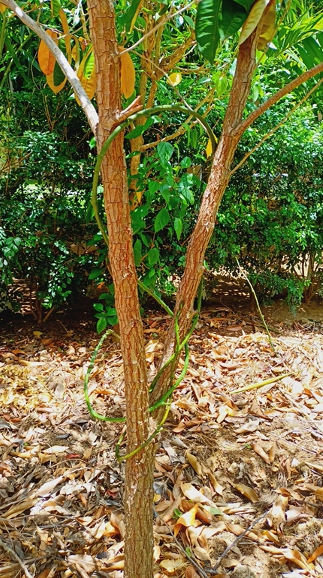
I decided to call Farmer Neil. He certainly had some great advice for me, which Farmer Mark corroborated when he emerged some time later.
PLANTING YAMS IN BAGS
“Using mop sticks as yam sticks will not do!” was Farmer Neil’sfirst advice. “You can get sticks to buy along Mandela Highway, but since you have that 7-foot star apple tree nearby, run the yam vine on it (Fig. 3).
“And the soil looks eroded, so add some more to re-build each hill and cover them with dry leaves, mulch, etc. to help retain the moisture. Please remember that yams don’t need a lot of babying or watering.
“As a matter of fact, if you run out of space to plant yams, you can purchase some 50-pound bags of soil from farm stores that have red/bauxitic soil (in St. Elizabeth, Clarendon, even Kitson Town in St. Catherine), remove a quarter of it and plant one yam head per bag. Double the bags though because the first one will crumble over time. Place them against yam sticks or a fence, and in eight to nine months, you should be eating the tuber of your labour!” (Fig. 4)
So ended my tutorial with Farmer Neil, who reiterated that, “It makes sense and takes cents to plant!”
__________________________________________
Farmer Linton Neil is an agronomist, who originally hails from St. Mary but now resides in St. Catherine. He knows all about plants. Do email us at freedomcomerain@gmail.com re any issues you’re having with your edible gardening project, which we’ll ask Mr. Neil to address. Please make your question as clear as possible, and your photos very bright. If we are unable to print your answer, we’ll see how best to help you.

